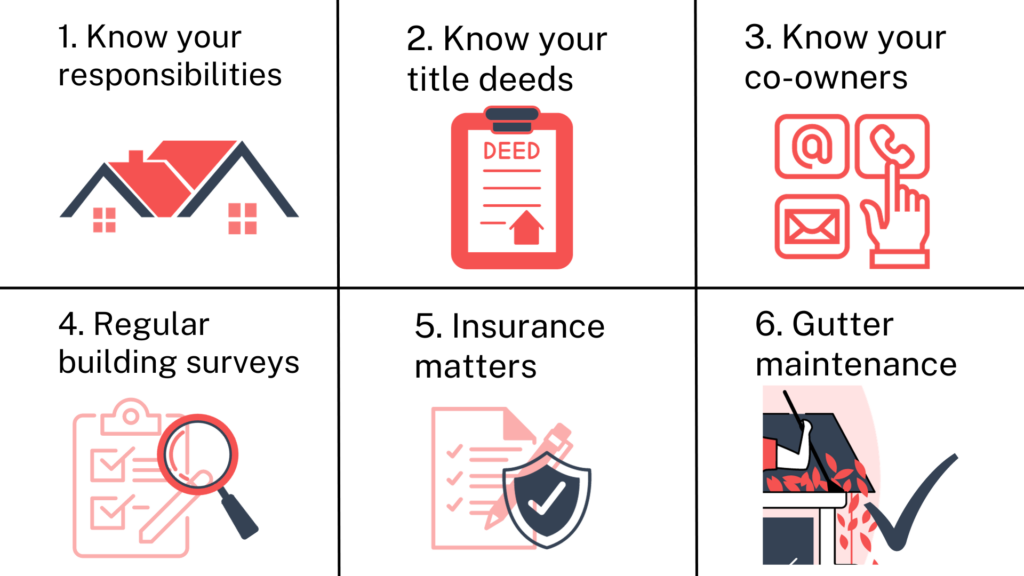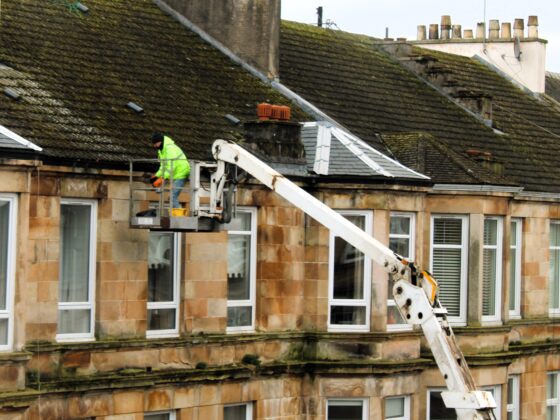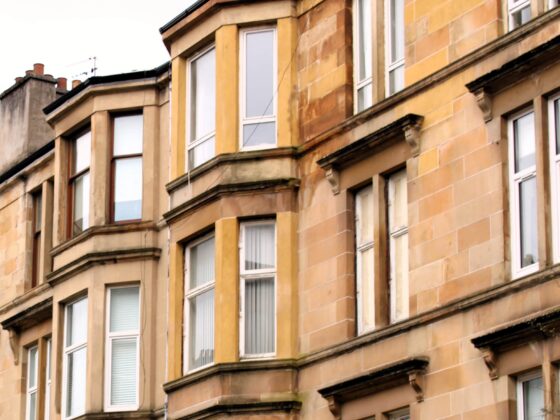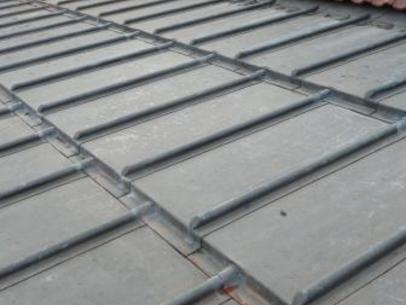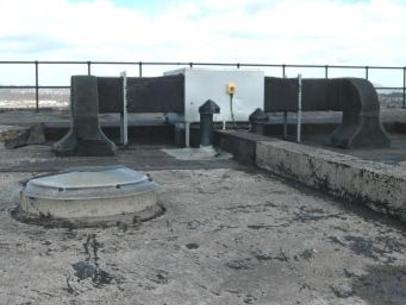Owning a tenement flat in Scotland comes with certain responsibilities and considerations. Sometimes, it can be hard to know where to start. We’ve compiled a list of six things that every flat owner can do to ensure they’re meeting their obligations.
1. Know your responsibilities
As a tenement flat owner, you are likely responsible for maintaining the common parts of your building that provide support and shelter, such as the roof, the external walls, and the foundations. Additionally, you may be responsible for keeping common areas safe and clean, such as an outdoor area or the close and stairs. You may also be responsible for certain parts of the building that some, but not all, owners share.
2. Know your title deeds
To have a full understanding of your responsibilities, it is essential to refer to your title deeds. Title deeds are proof of ownership of a building and contain a building’s rules. When making decisions or carrying out repairs in your building, always check your title deeds. If they are unworkable or don’t say anything on the matter, you must follow the guidance in the Tenements Act for that particular case only.
Download our building’s rules checklist to note down what your title deeds say about your building.
3. Know your co-owners
Knowing your co-owners is essential to ensure that when issues arise or common repairs are necessary, quick action can be taken. It’s good practice to have an up-to-date list of contact details for the other owners in your building, so you can easily get in touch with them when you need to.
4. Get your building surveyed every five years
Knowing which repairs to carry out and when can be tricky. A professional building survey, carried out every five years, provides an objective assessment of the issues in your building. It ensures that you have an awareness of the condition of the building, can prioritise repairs, and notice when something is not quite right. In between professional surveys, keep an eye on your building for anything that could be a sign of a problem, such as damp, water ingress, or cracks.
Download our DIY building survey checklist to record your findings.
Use our repair checker to figure out the cause of a problem in your building.
5. Have the correct building insurance
All owners of tenement flats should have adequate building insurance. Without insurance, owners must pay for any damage to their property themselves, even if they did not cause it. To calculate your insurance cover, you need to find out what it would cost to rebuild your property. To do so, it is recommended to have a Building Reinstatement Valuation carried out by a RICS chartered surveyor every three to five years.
6. Maintain your gutters
One key way to maintain the condition and value of your property is to get your gutters cleaned once a year. Blocked gutters can lead to damp which can cause decorative or structural damage to your property if left untreated.

